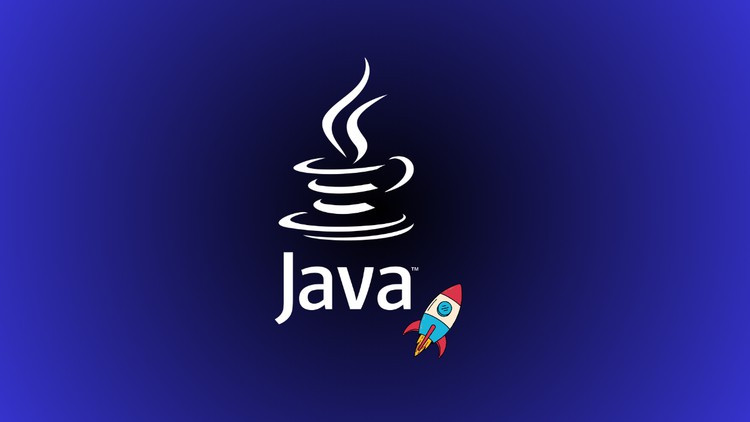In the world of Dart programming, the bang operator (!), also known as the null-assertion operator, plays a crucial role in dealing with nullable variables. While it might seem like a simple exclamation mark, it packs a powerful punch that can be both helpful and hazardous if not used with caution.

with hands-on learning.
get the skills and confidence to land your next move.
Understanding Nullable Variables
Dart, unlike some other languages, embraces the concept of null safety. This means it actively prevents variables from being null unless explicitly declared so. This is fantastic for catching errors early on, but sometimes, developers have absolute certainty that a variable, although technically nullable, will always hold a value. That’s where the Bang Operator steps in.
Think of it as a forceful declaration: “I trust you, variable, you won’t be null!”. However, with great power comes great responsibility. Using the Bang Operator bypasses Dart’s safety checks, so misuse can lead to nasty null-related errors at runtime. That’s why understanding its proper usage is crucial.
The Bang Operator In Action
The bang operator is denoted by an exclamation mark (!) and is appended to a nullable variable to assert that it is non-null. This assertion informs Dart that you are confident the variable has a value at that point, allowing you to proceed without null-checks. However, if the variable is null, the program throws a NullPointerException.
import 'dart:math';
String? generateRandomText() {
int intValue = Random().nextInt(2);
if(intValue == 0)
return "Dart Programming Language";
return null;
}
main() {
String? nullableString = generateRandomText();
// Using the bang operator to assert non-null
String nonNullableString = nullableString!;
print(nonNullableString);
}In this example, the bang operator is used to convert a nullable string (nullableString) into a non-nullable string (nonNullableString). The operator signals to Dart that you are certain the variable is not null, preventing any null-related errors. However, remember that if nullableString is indeed null, this will throw a NullPointerException at runtime. A safer approach would be to explicitly check for null:
import 'dart:math';
String? generateRandomText() {
int intValue = Random().nextInt(2);
if(intValue == 0)
return "Dart Programming Language";
return null;
}
main() {
String? nullableString = generateRandomText();
if(nullableString != null) {
// Using the bang operator to assert non-null
String nonNullableString = nullableString!;
print(nonNullableString);
}
}In this example, an if statement is used to explicitly check if nullableString is not null before using the bang operator. This ensures that the bang operator is only applied when there’s a guarantee that the variable is non-null, preventing the possibility of a NullPointerException. Honestly, within the if block, the bang operator becomes redundant as the value of nullableString can be assigned to nonNullableString without any issues. This is due to the fact that within the if block, nullableString is guaranteed not to be null.
import 'dart:math';
String? generateRandomText() {
int intValue = Random().nextInt(2);
if(intValue == 0)
return "Dart Programming Language";
return null;
}
main() {
String? nullableString = generateRandomText();
if(nullableString != null) {
// Using the bang operator to assert non-null
String nonNullableString = nullableString;
print(nonNullableString);
}
}
Even without the bang operator, when nullableString is not null, the code works perfectly fine, without encountering any issues. The bang operator essentially serves as a null assertion operator used to confirm whether a variable is not null. If it is indeed not null, it returns the value stored in the variable; however, if the variable happens to be null, it throws a NullPointerException.
It’s noteworthy that we can’t directly assign a nullable variable to a non-nullable variable. Instead, we can use the bang operator when we are absolutely certain that the variable has a value other than null.
Conclusion
The Dart bang operator is a powerful tool, but with great power comes great responsibility. Use it sparingly, understand its implications, and prioritize null safety practices. Remember, clear, maintainable code is always better than code riddled with bangs!
Sources:






